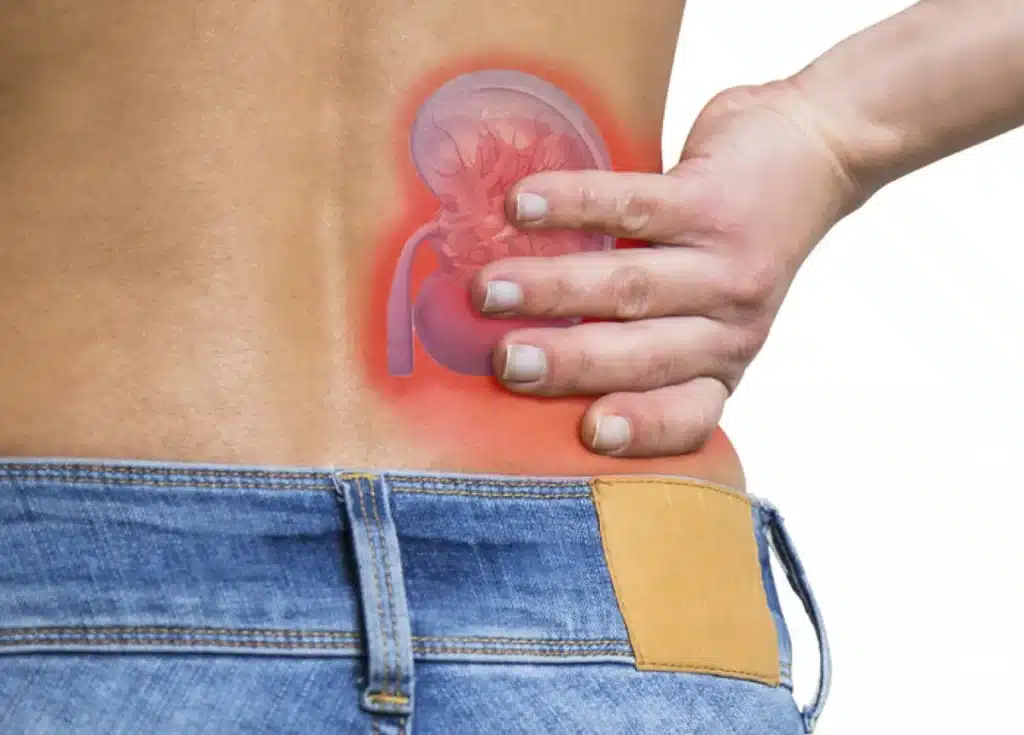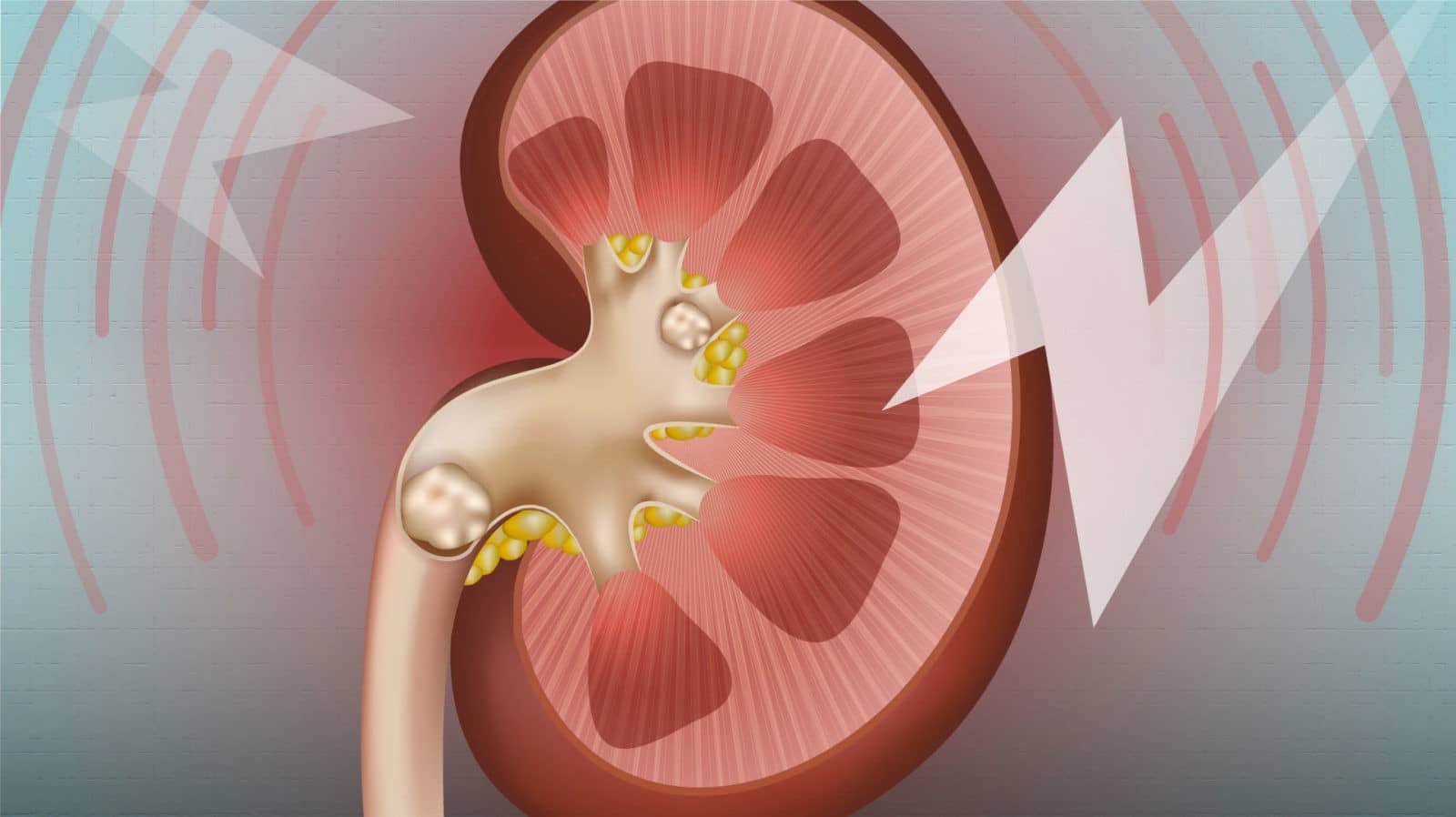Current conventional kidney stone removal procedures are incredibly painful and require sedation.
A new study led by Dr. M Kennedy Hall, an emergency medicine physician at UW Medicine, presents a new, almost imperceptible technology that can be done while the patient is conscious and without sedation.
A total turning point. It could allow the removal of kidney stones in practically any situation, and quickly. The results were presented during a press conference which you can find here.
In Italy there are over 100.000 cases of kidney stones every year. Overseas, however, one in 11 Americans will experience this condition. The numbers are constantly increasing, and in 50% of cases the problems recur within 5 years.

New "sweet" approaches to kidney stones
Hall and colleagues believe that finding new ways to treat kidney stones is crucial. Safe, efficient and painless ways. The team evaluated their new technique to see its potential, especially in treating the problem without resorting to surgery or sedation of the patient.
Clinic
The research saw the participation of 29 patients suffering from this problem: 16 of them were treated with ultrasound. 13 received, in addition to ultrasound, a shock wave lithotripsy treatment.
In 19 patients, the kidney stones moved, and in two cases they even rerouted out through the urethra and bladder.
The work of shock wave lithotripsy was surprising, fragmenting the stones in 7 cases. “At two weeks later,” the researchers note, “18 of 21 patients (86%) whose stones were located lower in the ureter, closer to the bladder, had passed the stones. In this group, the average time for stones to pass was approximately four days.”
One patient even reported feeling “immediate relief” when the stone was moved out of the ureter, according to the study.
Kidney stones, the next steps
Now researchers are looking at a clinical trial with a control group, which received neither normal ultrasound nor shock wave itrolipsy. The target? Establish the exact degree of effectiveness of this new technology that NASA has been funding since 2017.
The space agency was trying to see if kidney stones could be managed without anesthesia on long spaceflights. The first results were so promising that they convinced even the most sceptical.
“We now have a potential solution to this problem,” concluded Hall.


